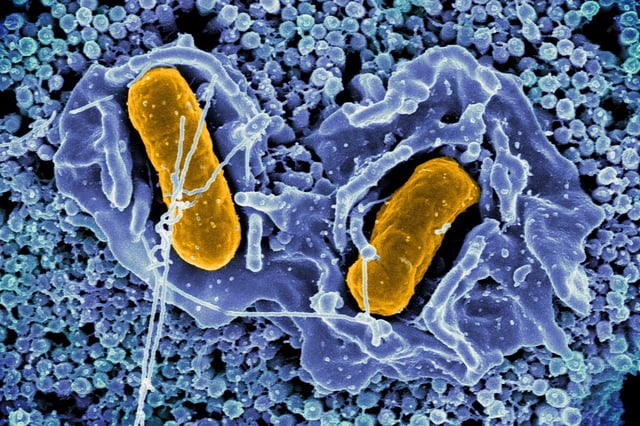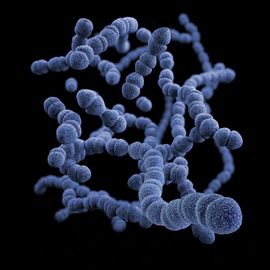Overview
- In mouse colorectal cancer models, the bacteria induced mature tertiary lymphoid structures that coordinate local antitumor immunity.
- Tumor growth fell and survival improved in vivo, indicating strengthened T cell–mediated responses after treatment.
- The therapeutic effect depended on LIGHT–HVEM signaling and group 3 innate lymphoid cells, as knockout models lost benefit.
- The strain was well tolerated, showed no off-target organ accumulation, and helped restore gut microbiota composition in treated mice.
- The study, led by NUS Medicine and Central South University and published in Science Translational Medicine, remains preclinical as the team advances toward human testing.

